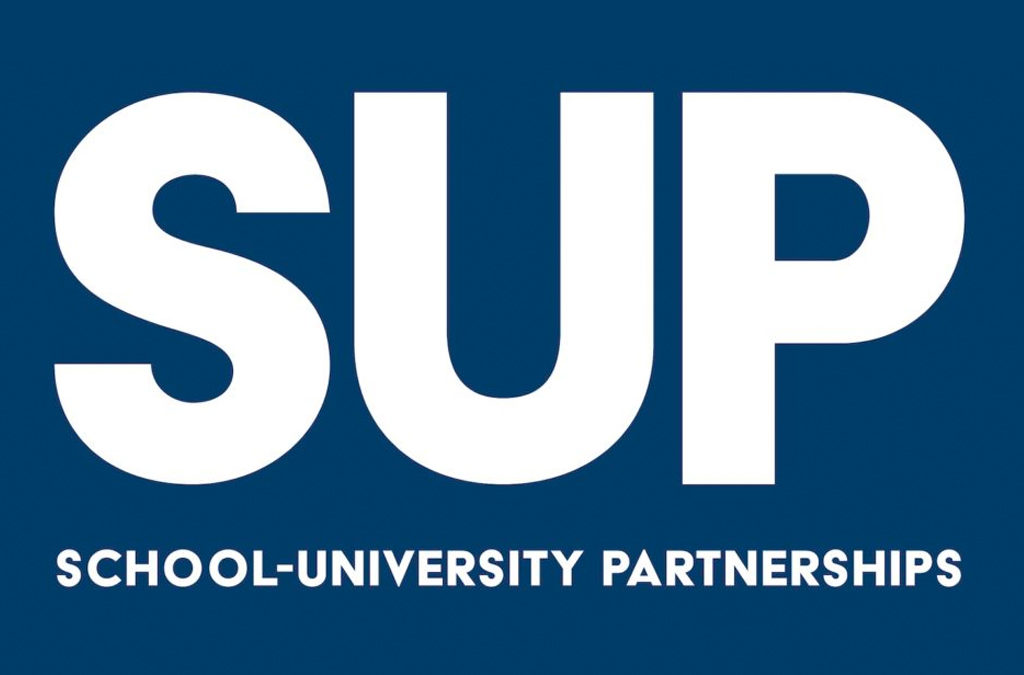The SUP editorial team is actively seeking proposals for 2022 themed issues. An issue should include eight to ten articles. A maximum of three articles in each issue can be invited; all others must be considered via a peer review process. These articles can be of three genres: Research Articles, Cases in Point, or Conceptual. Each themed issue will require a guest editor or pair/team of guest editors. The themed issue will be published on the NAPDS website.
Guest editors should submit a proposal that includes the following:
- Introduction of Guest Editor(s): Describe your relevant professional experiences, particularly with regard to editing a peer-reviewed journal and with regard to the theme you have selected.
- Rationale for the Theme: Why is this theme important to NAPDS members and to the topics/fields of school-university partnerships, PDSs, and teacher education? How is this theme timely or relevant?
- List of Potential Authors: Be sure to consider individuals who are able to write effectively to meet the wide range of SUP readers. Articles need to be written to so that they are accessible, appropriate, and applicable to a diverse audience. Likewise, be sure that authors are representative of the association’s members. Make sure that you actively seek out authors who are not from your institution or affiliated with your institution’s partnership(s).
- A List of Potential Article Topics: Please provide a list of potential topics that would be appropriate to the proposed issue theme, with each accompanied by few descriptive sentences.
Please submit themed issue proposals to SUP at supjournal@gmail.com by July 9, 2021. A decision regarding the selected proposal(s) will be shared with guest editors by July 23rd so that calls for articles can be sent to the NAPDS membership in a timely manner. SUP anticipates the publication of at least one online themed issue per year. The full cycle of proposal acceptance through issue publication will occur during a less than one-year span.
Please contact Seth Parsons and Mandy Bean, Senior Editors, at supjournal@gmail.com with any questions about this exciting NAPDS opportunity.
Past issues
The 2017 themed issues were:
- “Technology to support and enhance Professional Development Schools”
edited by Laila J. Richman (Towson University) and Andrea Parrish (Towson University) - “Teacher inquiry in Professional Development Schools: How it makes a difference”
edited by Eva Garin (Bowie State University) and Rebecca West Burns (University of South Florida)
The 2018 themed issues were:
- “Furthering the Education Profession: Partnership in Action”
edited by Somer Lewis (University of North Carolina, Wilmington), Amy Garrett Dikkers (University of North Carolina, Wilmington), and Lynn Sikma (University of North Carolina, Wilmington) - “Mutually beneficial PDS models: what does mutually beneficial look like?”
edited by Emily Reeves (Midwestern State University), Angela Cartwright (Midwestern State University), and Cindy Waddell (Sheppard Elementary)
The 2019 themed issue was:
- “Goodlad’s Legacy: A Historical and Contemporary Look at the Work” edited by Bernard Badiali (Penn State) and Megan E. Lynch (Penn State)
The 2020 themed issues were:
- “The Impact of Teacher Leadership on Student Learning in Professional Development Schools” edited by Jana Hunzicker (Bradley University), Rhonda Jeffries (University of South Carolina) and Suzanna Nelson (John C. Fremont Middle School, Las Vegas, NV)
- “Equity in Professional Development School Partnerships” edited by Drew Polly (University of North Carolina at Charlotte), Christie Martin (University of South Carolina)
The 2021 themed issues are:
- “The Responsibility and Response of School-University Partnerships in a Time of Crisis” edited by Janna Dresden (George Mason University), Melissa Baker (University of South Carolina) and Diane Gomez (Manhattanville College)
- “Re-Envisioning School University Partnerships with Anti-Racism at the Center” edited by Shamaine Bertrand, Erin Quast, and Kyle Miller (Illinois State University)
- “Teaching in Times of Uncertainty” edited by Sara Helfrich, Sara Hartman, and Marcy Keifer Kennedy (Ohio University)
